
DEVELOP YOUR FUTURE
Das Job-Event für Entwickler:innen und IT-Professionals
- November 2025| Berlin & München

DEVELOP YOUR FUTURE
Das Job-Event für Entwickler:innen und IT-Professionals
- 19. Juni 2024 | Berlin
- 19. Juni 2024 | Berlin
Ihr Weg in die IT beginnt hier...
DEVELOP YOUR FUTURE ist das ultimative Event für IT-Fachkräfte, um ihre Karriere durch direkten Kontakt mit Top-Unternehmen und inspirierenden Vorträgen in einer dynamischen Atmosphäre voranzutreiben.

Die Aussteller sagen
DHL IT SERVICES:
Die Messe war ein Riesen-Erfolg. Die Erfahrung war wie in einer analogen Messe, die Vorbereitung und Unterstützung des:
Veranstalters war exzellent und die Bewerbungen waren super. Es hat sich wirklich gelohnt. Weiter so
CODECENTRIC:
In solchen Zeiten so ein Event auf die Beine zu stellen ist eine große Herausforderung, die Sie gut umgesetzt und gemeistert haben!
Danke für Euer Engagement und eure Betreuung.
NETCONOMY:
Develop Your Future Digital ist sehr gut verlaufen. Auch wenn das digitale Format für uns als Aussteller neu war, war es schnell möglich, sich zurecht zu finden. Wir könnten uns online mit dem virtuellen Stand bestens präsentiefen, interessante Gespräche führen und viele Kontakte knüpfen. Vielen Dank für die Unterstützung und die Organisation des Online-Events.
Die Bewerber sagen
HELEN:
Ganz gut! Ich bin jetzt langsam geschafft, aber es war ein.
erfolgreicher Tag, glaube ich.
MAXIMILIAN:
Apropos, és war ein schönes Event.
DANIELLE:
Das ist großartig! Vielen Dank dafür. Super nettes Develop Your
Future Team
CHRISTIAN:
Ich war sehr zufrieden.
ALEKSANDAR:
Absolut, sehr nett und auf der anderen Seite sehr professionelles Konzept. Einer der besten Jobmessen an denen ich teilgenommen habe. Glückwunsch zur tollen Organisation. Ich werde-auf jeden Fall das Event meinen Kollegen und Freunden weiterempfehlen.


Wähle deine Location
Werden Sie Sponsor
Als Sponsor der Develop Your Future haben Sie die Chance, Ihr Unternehmen den Jobsuchenden Entwicklern, Absolventen und IT-Professionals aus der gesamten IT-Branche zu präsentieren und viele wertvolle Kontakte zu knüpfen.
Seien Sie vor Ort und lernen Sie spannende IT Professionals kennen!
Kontaktieren Sie uns

Aussteller:
















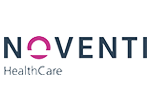



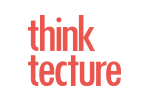






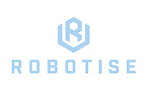

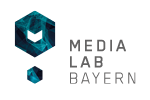
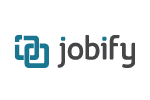










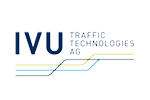




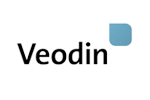
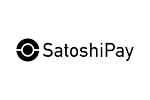















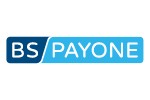
















JOIN DEVELOP YOUR FUTURE AND STAY TUNDED
Du möchtest an DEVELOP YOUR FUTURE teilnehmen.
Dann bleib immer auf dem Laufenden und melde dich hier für unseren Newsletter an!

